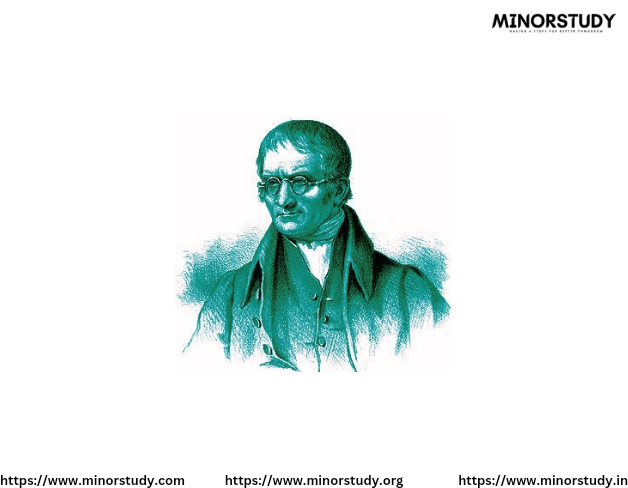Uber Technologies Inc
- Minorstudy Web blogs
- Dec 7, 2024
- 3 min read

Uber Technologies Inc.
Uber Technologies Inc., commonly referred to as Uber, is a global transportation and technology company based in San Francisco, California. It was founded in 2009 by Garrett Camp and Travis Kalanick with the idea of simplifying transportation through an app-based ride-hailing service. Since its inception, Uber has expanded into various sectors, including food delivery, freight transportation, and autonomous vehicle development.
Key Services Offered by Uber
Ride-Hailing
Uber connects passengers with drivers of vehicles for hire via a mobile app. Users can choose from various service options:
UberX: Affordable rides for individuals or small groups.
UberXL: Larger vehicles for groups or extra luggage.
Uber Black: Premium rides with professional drivers.
Uber Pool (or Uber Shared): Shared rides to save money.
Uber Eats
A food delivery service that allows customers to order meals from local restaurants and have them delivered to their location.
Uber Freight
A service connecting trucking companies with shippers, providing a platform to book freight transportation efficiently.
Uber for Business
A platform designed for companies to manage their employees' travel and meal expenses through Uber’s network.
Micromobility Services
Includes electric scooters and bikes available for short-distance travel in select cities.
Uber Transit
Integration with public transportation systems, allowing users to plan trips that combine Uber rides with buses, trains, and more.
Milestones in Uber's History
2009: Uber was founded in San Francisco, originally called "UberCab."
2010: The app launched in San Francisco.
2011: Uber expanded internationally, launching in Paris.
2014: UberPOOL, a carpooling service, was introduced.
2016: Uber started testing self-driving cars in Pittsburgh.
2017: Travis Kalanick resigned as CEO, and Dara Khosrowshahi was appointed CEO.
2019: Uber went public on the New York Stock Exchange.
2020: Uber acquired Postmates to strengthen its food delivery segment.
Innovations and Technology
Ride-Matching Algorithms
Uber uses advanced algorithms to match passengers with nearby drivers, reducing wait times and maximizing efficiency.
Dynamic Pricing
Uber employs a surge pricing model, where prices increase during high demand periods to incentivize more drivers to join the platform.
Autonomous Vehicles
Uber has invested heavily in self-driving technology, partnering with companies like Aurora Innovation to develop autonomous ride-hailing solutions.
Real-Time Tracking
The Uber app provides real-time tracking of drivers, ensuring passengers know exactly when their ride will arrive.
Impact on the Transportation Industry
Ride-Hailing Revolution
Uber disrupted traditional taxi services by offering a convenient, app-based platform and competitive pricing.
Increased Mobility
Uber has made transportation more accessible in urban areas, especially for individuals without access to personal vehicles.
Gig Economy Growth
Uber contributed significantly to the growth of the gig economy, providing flexible income opportunities for drivers worldwide.
Public Transport Integration
By integrating with public transit, Uber helps fill gaps in transportation networks, especially in areas with limited public options.
Criticism and Controversies
Driver Pay and Benefits
Uber has faced criticism for its treatment of drivers, including low pay, lack of employee benefits, and classification as independent contractors.
Regulatory Challenges
Uber has encountered legal and regulatory issues in many cities, including disputes over operating licenses and compliance with local transportation laws.
Safety Concerns
While Uber has introduced safety features like in-app emergency buttons and trip sharing, incidents involving drivers and passengers have raised concerns.
Environmental Impact
Critics argue that ride-hailing services contribute to increased traffic congestion and emissions in urban areas.
Uber’s Global Presence
Uber operates in over 10,000 cities across 70+ countries, making it one of the most widely available transportation platforms globally.
Key markets include the United States, India, Brazil, and Europe, though it has faced competition and regulatory issues in some regions, such as China and London.
Financial Highlights (2023)
Revenue: Uber reported strong growth in its delivery and mobility segments, reflecting its recovery from the COVID-19 pandemic's impact.
Profitability: Uber has been working towards achieving sustained profitability through cost-cutting measures and operational efficiency.
Interesting Facts About Uber
Uber's name was inspired by the German word “über,” meaning "above" or "super."
Uber’s most popular ride request globally is for short trips under 3 miles.
The company’s "Uber Elevate" project aimed to explore urban air mobility using flying cars, but it was later sold to Joby Aviation.
Quotes About Uber
Dara Khosrowshahi: "We are committed to becoming a more sustainable and responsible company, offering transportation solutions that benefit both people and the planet."
Travis Kalanick: "Uber was born out of a need for something better, something different, and something easier."
Conclusion
Uber Technologies Inc. has revolutionized the transportation and delivery industries, leveraging technology to enhance convenience and efficiency. Despite facing challenges and controversies, Uber continues to innovate and expand its services globally, shaping the future of mobility and logistics.











Comments